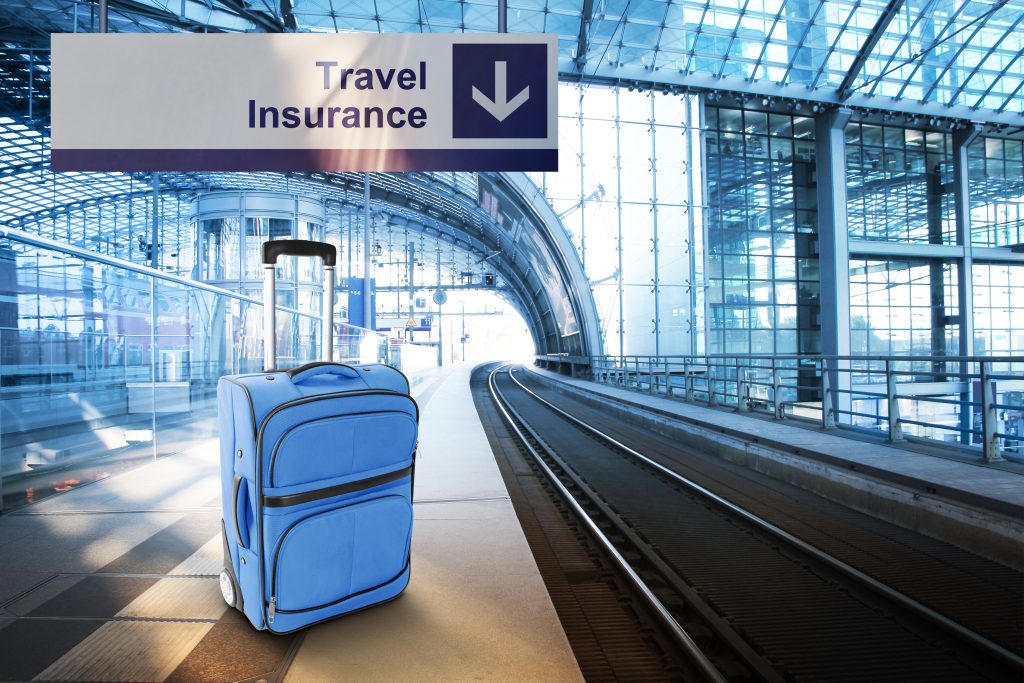One of my clients recently requested foreign trip travel insurance to Kurdistan through a major insurance company. While discussing the proposal with the underwriter, I asked if Kurdistan was on a no-travel list. Her response: “Oh, it should be fine!” Somewhat perplexed by her reaction, I politely informed her that Kurdistan is a province in northern Iraq, which elicited a complete one-eighty: “Oh, in that case, there’s no way we can insure that.”
I encounter a lot of similar situations when dealing with foreign trip travel insurance; realize that your underwriter, and probably his/her bosses several levels up, may begin the process of validating your proposal without necessarily having the geographic knowledge to realize you’re going to a region that their company will not insure.
Even more importantly, your underwriter may be selling you the wrong policy in the first place. Foreign trip travel insurance policies cover things like medical emergencies, trip cancellations, and other relatively routine incidents. Many travel managers think they can buy a foreign trip travel policy and call it a day, only to be baffled when the policy doesn’t cover evacuation costs after armed conflict breaks out in the region where their employees are located. Foreign trip travel policies have significant restrictions for evacuation costs in the event of war or political conflict, with a few insurance companies providing some limited coverage, while others may not provide any.
Some companies (typically larger ones) solve this problem by starting a captive, a single-use insurance company created for the sole purpose of covering its creator. Avis, for example, has a captive set up for rental car liability. Another big company like Hilton could create a captive to cover everything from PR scandals to emergency evacuations of personnel from foreign countries. These firms hire actuaries to calculate how much the captive needs to be properly funded, with emergency evacuation funds typically being based on the cost of evacuating personnel from a given country at a moment’s notice. Captives have the additional benefit of tax preferential treatment; all funds can be invested and do not incur taxes.
These are just a few of the nuances you’ll run across when selecting the proper insurance policies for your mobile employees. If this sounds like information you need to know, come attend my presentation later this month at the 3rd Global Congress on Travel Risk Management here in Houston. I wish you safe travels, and I’ll see you there!

